The Faculty of Economics and Management of the Vietnam National University of Agriculture is affirming its position as one of the prestigious postgraduate training centers, providing high-quality human resources through three master training programs: Agricultural Economics, Economic Management and Rural Development. These programs are designed in a modern way, closely linked to the practice of economic and social development, to meet the increasing demands of the domestic and international labor market.
Training quality from staff and methods
One of the core strengths of the Faculty is its team of experienced and dedicated lecturers. Over 75% of the lecturers have PhD degrees, trained in advanced countries such as the UK, Australia, Japan, the Netherlands, Korea... including 2 Professors and 8 Associate Professors. The lecturers are not only experienced in teaching and research but also policy consultants, participating in many domestic and international development projects.
The highlight of the programs is the flexible, learner-centered teaching method. Students participate in interactive classes, discuss real-life situations, and carry out group projects simulating the management decision-making process. In particular, the program regularly organizes experience-sharing seminars from experts, business managers and local leaders, helping students "not only learn knowledge but also hone their thinking and action skills."

Graduate students of the Faculty of Economics and Management defend their graduation project in 2025.
Three majors, one goal: Connected to practice
The Faculty offers flexible training in two directions: Research and Application, allowing students to choose a path that suits their career goals.
Master of Business Administration: The program is specifically designed to help middle managers "upgrade their thinking" from operational to strategic leadership. Students are trained in three core competencies: Strategic thinking and policy planning; data-driven management and decision-making; and leadership and innovation.
In addition, the program also enhances international integration with updated courses on digital economy, artificial intelligence applications, innovation management, sustainable development management, as well as opportunities for academic exchange and research with domestic and foreign lecturers and experts.
Master of Agricultural Economics: The program trains professionals and managers with the capacity to analyze economics, make data-based decisions and manage agricultural development in the context of digitalization and global integration.
Students are equipped with modern knowledge of agricultural economics, resource economics, circular economy, agricultural and rural development policies; along with skills to design, evaluate and manage agricultural value chain projects towards sustainability and climate change adaptation. The program also focuses on applying digital transformation, new technology and international integration thinking in agricultural management and innovation.
Master of Rural Development: Established in 2013, the program trains experts with the capacity to design, manage and operate rural development projects, poverty reduction, new rural construction and community development. Students are equipped with knowledge of rural socio-economics, project management, development policies, and skills to mobilize resources and promote community participation.
In the context of digital transformation and international integration, the program focuses on applying digital technology in management, developing green livelihoods, adapting to climate change and promoting innovation in rural areas.

Graduate students of the Faculty of Economics and Management receive their diplomas in 2025.
From research to career opportunities
Practice is a key element throughout the training process. Students are encouraged to participate in strong research groups of the Faculty and domestic and international projects to conduct their master's thesis. Research topics focus on solving outstanding practical problems such as circular agricultural development, policies to support agricultural enterprises, rural social issues such as migration or gender equality, and the impact of climate change on livelihoods.
After graduation, students have a wide range of career opportunities, can take on management positions, policy planning specialists in government agencies, international organizations, non-governmental organizations (NGOs) and businesses; become lecturers, researchers or start their own businesses, lead cooperatives and social enterprises.
The Faculty's training reputation not only attracts a large number of domestic students but also has international influence, with the participation of students from Laos, Cambodia, African countries, and short-term exchange students from partner universities in China, Thailand, Australia and Japan.
This multicultural learning environment not only contributes to improving the quality of teaching and research, but also helps students develop global thinking, adaptability and international integration skills - important factors in the current context of globalization. This is a testament to the Faculty's growing position and influence in the fields of training, scientific research and international cooperation.
Source: https://vtcnews.vn/khoa-kinh-te-va-quan-ly-hv-nong-nghiep-dao-tao-thac-si-gan-lien-thuc-tien-ar985272.html





![[Photo] Opening of the 14th Conference of the 13th Party Central Committee](https://vphoto.vietnam.vn/thumb/1200x675/vietnam/resource/IMAGE/2025/11/05/1762310995216_a5-bnd-5742-5255-jpg.webp)


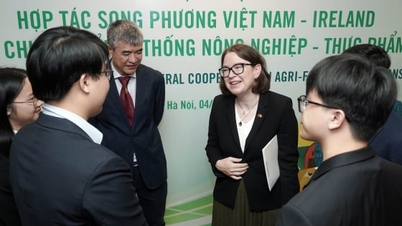

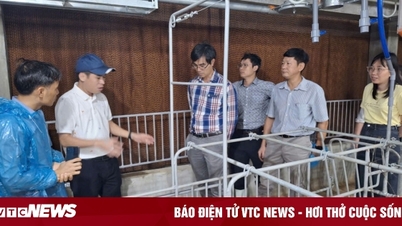
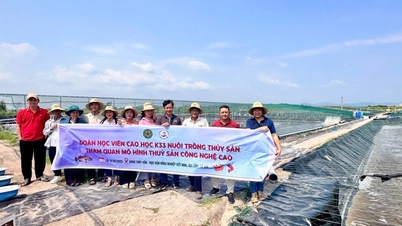

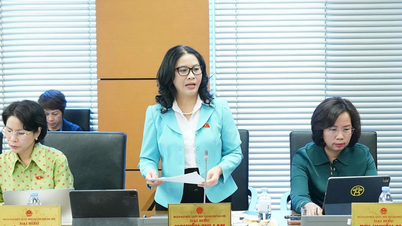

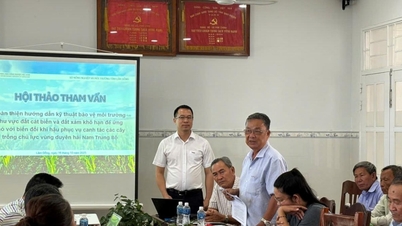

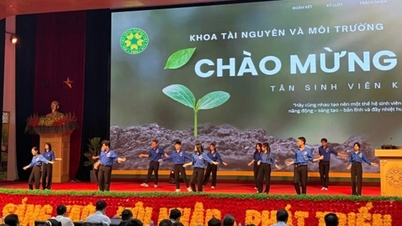
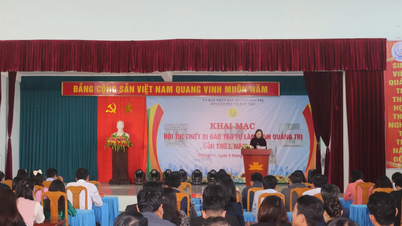


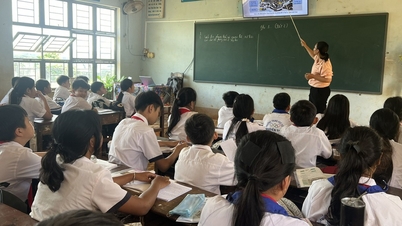

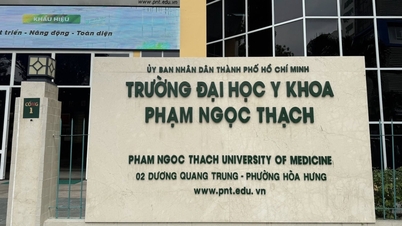

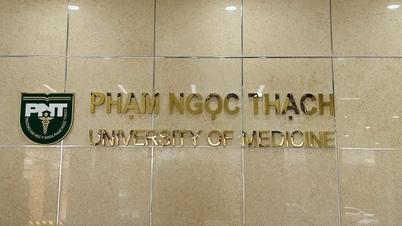




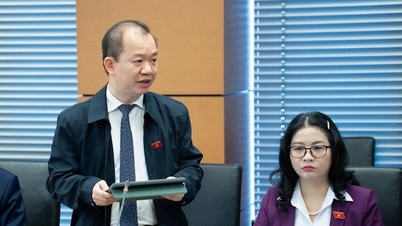





![[Photo] Panorama of the Patriotic Emulation Congress of Nhan Dan Newspaper for the period 2025-2030](https://vphoto.vietnam.vn/thumb/1200x675/vietnam/resource/IMAGE/2025/11/04/1762252775462_ndo_br_dhthiduayeuncbaond-6125-jpg.webp)



















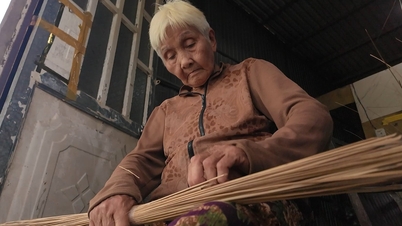



















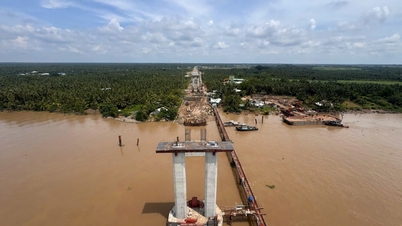







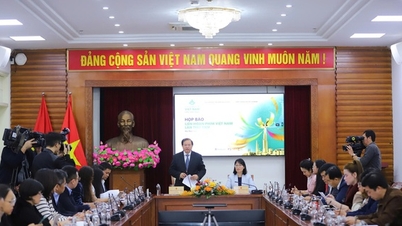
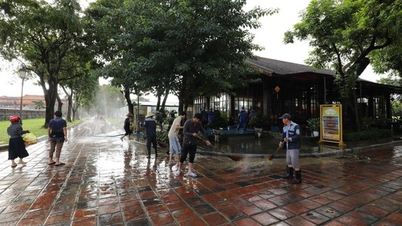
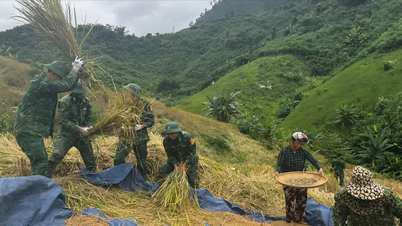

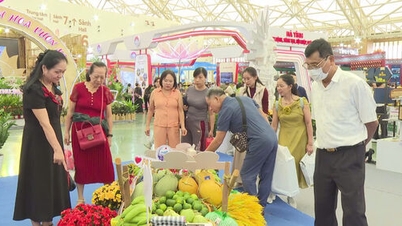

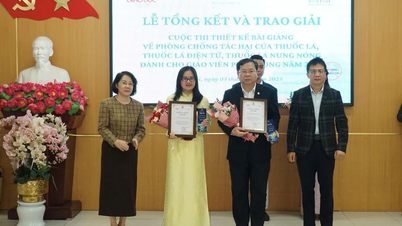

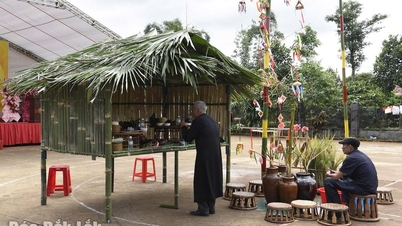

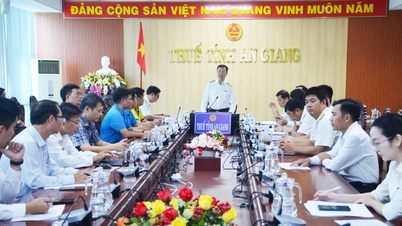

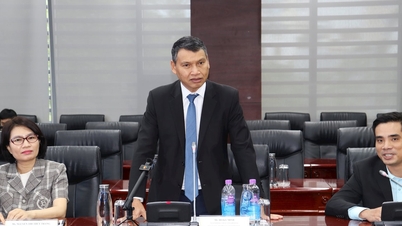















Comment (0)